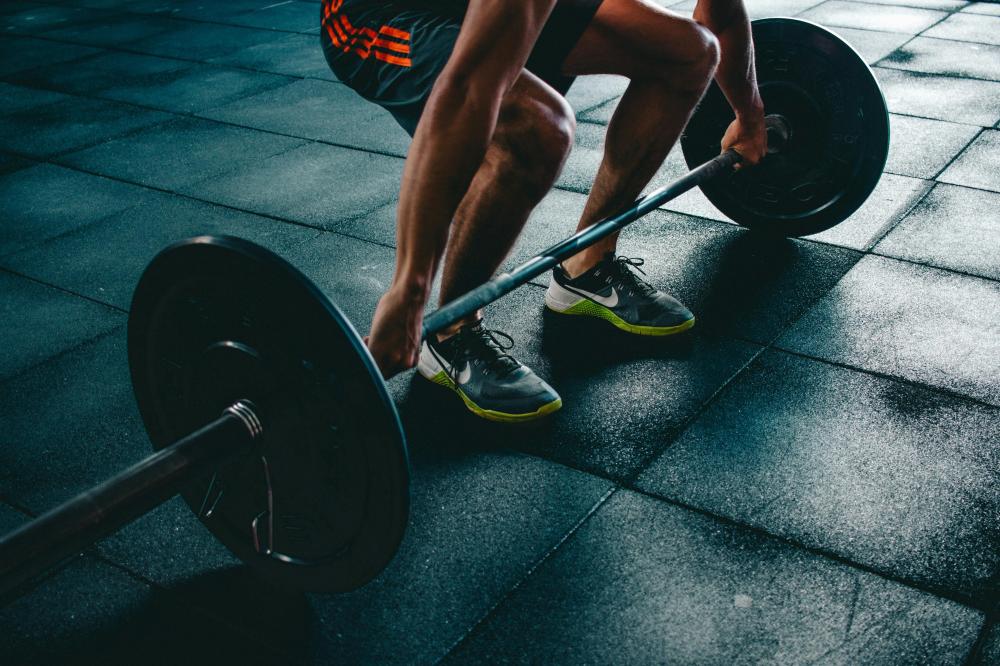Recovery is an essential part of any exercise program. Not only does it allow your muscles to heal and grow stronger, it also helps your body return to its normal stress levels. For athletes and fitness enthusiasts, understanding how long it takes for your body to fully recover from a workout and return to normal can have a significant impact on training efficiency, performance, and overall health. At Hypercool, we specialize in providing recovery solutions that aim to speed up this process. In this blog, we’ll explore the recovery timeline based on scientific research, the factors that influence recovery, and ways to speed up the process.
1. How long does it take to recover? Analysis by physical activity
Recovery time varies depending on the intensity and type of exercise, as well as individual factors. According to a study published in the Journal of Strength and Conditioning Research, muscle recovery can take anywhere from 24 to 72 hours after a typical resistance training session, depending on the muscle group involved and the intensity of the exercise. Cardiovascular activities, such as running, typically require 24 to 48 hours to recover, while high-intensity workouts such as HIIT may require up to 72 hours.
When it comes to returning to normal stress levels (i.e., lowering cortisol levels and achieving internal balance), research from Medicine & Science in Sports & Exercise suggests that this can take anywhere from 24 hours to 7 days, depending on the intensity of the workout and the individual’s response to stress.
2. Factors that affect recovery time
There are several factors that affect how long it takes the body to recover and return to its normal stress levels:
Exercise intensity and duration: The harder and longer the workout, the longer the recovery time. For example, a marathon runner may need 14 days to fully recover, while a short, high-intensity workout may only need 48-72 hours.
Individual fitness level: Athletes with higher fitness levels tend to recover more quickly. A well-trained body is more efficient at repairing muscle tissue and eliminating lactic acid.
Age: Older individuals typically take longer to recover due to a natural decline in muscle turnover and hormone levels.
Sleep quality and nutrition: Getting enough sleep (7-9 hours per night) and proper nutrition (especially protein and hydration) are essential for muscle recovery and stress reduction.
3. What does medical research say about muscle recovery and stress levels?
Muscle recovery: A study from The American Journal of Physiology found that muscle protein synthesis, which is essential for recovery, peaks within 24 hours after exercise but can remain elevated for up to 72 hours if the workout is particularly intense.
Cortisol and stress reduction: The Journal of Sports Science and Medicine shows that cortisol levels, a key marker of stress, can remain elevated for up to 24-48 hours after exercise. However, chronic stress or inadequate recovery (such as lack of sleep or poor nutrition) can extend this period to up to a week.
4. Effective Ways to Speed Up Recovery
To speed up your recovery and return to normal stress levels, here are some research-backed strategies:
Cryotherapy (Ice Baths): Studies published in Sports Medicine have shown that ice baths can reduce inflammation and muscle soreness, speeding up the recovery process. Hypercool ice bath solutions, like the Hyper Pro and Hyper Standard models, are designed for quick set-up and effective temperature control, providing immediate cryotherapy benefits.
Active Recovery: Participating in low-intensity activities like stretching, yoga, or gentle cycling can improve blood flow, reduce muscle stiffness, and shorten recovery time.
Sauna and Heat Therapy: A study in the Journal of Athletic Training found that using a sauna after exercise can help relax muscles and lower cortisol levels, promoting a quick return to normal stress levels. Hypercool’s Hyper Steam Sauna is an excellent option for using heat therapy as part of your recovery routine.
5. Recovery Times and Methods Statistics
72% of athletes reported faster recovery when they used a combination of cryotherapy and stretching.
Athletes who slept 8-9 hours per night recovered 15-30% faster than those who slept less than 6 hours.
A study in the Journal of Applied Physiology found that athletes who used cold water immersion (10-15 degrees Celsius) after intense exercise experienced a 30-40% reduction in muscle soreness compared to those who used passive recovery methods.
Conclusion
Recovery time varies based on the type of exercise, intensity, and individual factors. While muscle soreness may resolve within 24-72 hours, it can take up to 7 days to return to normal stress levels. Good hydration, nutrition, and sleep are key, and using recovery methods like ice baths and saunas can greatly improve your recovery process. At Hypercool, we offer products designed to support your recovery journey, helping you get back to optimal performance as quickly as possible.
the reviewer:
Journal of Strength and Conditioning Research
Medicine & Science in Sports & Exercise
Journal of Sports Science and Medicine
The American Journal of Physiology
Sports Medicine
Journal of Athletic Training
Journal of Applied Physiology

